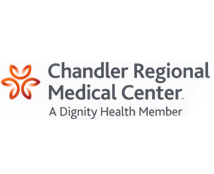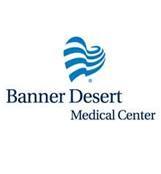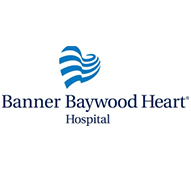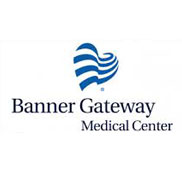Treatment Options for Carotid Artery Disease
Carotid artery disease is caused by plaque and waxy build up that corrodes the artery walls causing a narrowing of the passageway and restricted blood flow to the brain. In the most severe cases of this disease, flexibility of the arteries is decreased, the walls become hardened and the passageway narrowed. Stroke is likely for those affected with carotid artery disease.
The condition develops gradually and in some cases, the affected individual may not know they have the disease until it is too late. Treatment goals are designed to prevent stroke from occurring and are contingent on the severity of the disease.
For Mild Blockage
Treatment options for mild blockage include the following:
- Healthy changes to lifestyle that may include nutrition, diet modifications, quitting smoking, losing weight, reducing sodium intake and exercising on a regular basis.
- Manage other health conditions properly that may contribute to the progression of the disease. These conditions may include diabetes, obesity and chronic high blood pressure. Your doctor can assist in controlling blood sugar levels and implementing a nutrition plan.
- The use of medications that thin the blood and reduce the risk of blood clot development. Your Phoenix cardiologist may also recommend that you take a daily dose of aspirin to reduce clots and help blood thinning as needed.
For Severe Blockage
If you have already experienced a mini-stroke or TIA related to carotid artery blockage, it may be necessary to undergo surgical procedures. The following are treatment options available for severe blockage.
- Carotid endarterectomy – This surgery is used for the most severe blockages and the treatment of carotid artery disease. Performed under local anesthesia, the doctor makes an incision in the front of the neck, opens up the clogged carotid artery and cleans it out. Removal of the plaque and waxy build up helps decrease the likelihood of a full-blown stroke or further mini-strokes from occurring. This surgery presents a low risk for otherwise healthy individuals.
- Angioplasty and stenting – When the blockage or narrowing of the artery is too difficult for the surgeon to enter, another procedure known as angioplasty may be recommended. This procedure may also be used when the individual has a health condition that makes endarterectomy risky if performed. The procedure involves the insertion of a small balloon near the area of clogging. The balloon is then inflated in order to widen the artery. A mesh coil known as a stent is then inserted to prevent the artery from narrowing again. The procedure is highly effective.
Dealing with carotid artery disease is a potentially controllable condition. AZ Heart Doctor is the valley’s leading cardiologist Phoenix AZ trusts. AZ Heart has 2 locations, and accepts most insurance plans. The practice offers comprehensive noninterventional cardiology services with a Double Board Certified cardiologist.
Call (480) 300-4646 today for more information and scheduling.












Leave a Reply